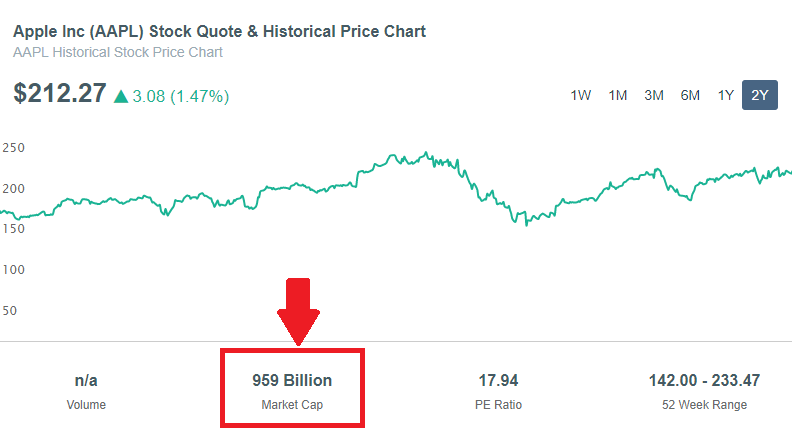
What Are EBITDA Multiples For Veterinary Practices?
Are you considering buying a veterinary practice? It is important to understand what kind of price you are getting. One key measure of value is the EBITDA multiple, which can tell you how much a business is worth relative to its profits. In this article, we'll look at what EBITDA multiples are and what they mean for veterinary practices.
What Is The EBITDA Multiple?
EBITDA stands for “earnings before interest, taxes, depreciation, and amortization.” The EBITDA multiple is a financial tool used to value a business and compare it with other companies by comparing their annual profits. For example, if one company makes $5 million in annual profits and another company makes $10 million in annual profits, the company with the higher profits will have a higher EBITDA multiple. In other words, the EBITDA multiple is a measure of value which allows buyers to compare different companies on a level playing field. This metric is used in many types of industries, including veterinary practices.
What EBITDA Multiples Are Common For Veterinary Practices?
When it comes to veterinary practices, the average EBITDA multiple is between 2.0x and 3.0x. This means that a veterinary practice that is making $1 million in annual profits could be worth between $2 million and $3 million. Of course, the exact multiple depends on several factors, such as the quality of the veterinary practice, its location, and its financial performance. The EBITDA multiple is just a starting point for figuring out a fair price for a veterinary practice.
How Do You Calculate The EBITDA Multiple?
The EBITDA multiple is calculated by dividing the sale price of the veterinary practice by its earnings before interest, taxes, depreciation, and amortization. For example, if a veterinary practice is sold for $3 million and its EBITDA is $1 million, the EBITDA multiple would be 3.0.
What Are The Benefits Of The EBITDA Multiple?
Using the EBITDA multiple to value a veterinary practice is a useful tool for buyers as it takes into account many of the factors that can affect the value of a business. For example, the EBITDA multiple accounts for debt, expenses, and capital investments. This metric also makes it easier to compare different businesses as it takes out all of the non-operating factors that can affect a business’s profits.
What Are The Downsides Of The EBITDA Multiple?
While the EBITDA multiple is a useful tool for buyers, it is not without its drawbacks. For instance, the EBITDA multiple does not account for growth potential or any other intangible factors that can affect the value of a business. Furthermore, the multiple does not account for risks or uncertainties that can affect a business’s performance.
What Other Metrics Can You Use For Valuing Veterinary Practices?
In addition to the EBITDA multiple, there are other metrics for evaluating veterinary practices. For example, some buyers may use the price-to-revenue multiple, which takes into account a business’s total revenue rather than just its profits. Other buyers may use a discounted cash flow model, which considers the amount of future cash flows that a business is likely to generate. This model takes into account the risks and uncertainties associated with a business’s operations and can give buyers a better idea of the long-term prospects of the veterinary practice.
The Bottom Line
The EBITDA multiple is an important tool for valuing veterinary practices. This metric takes into account many of the factors that can affect a veterinary practice's value, making it easier for buyers to compare different businesses and determine a fair price. However, it is important to keep in mind that the EBITDA multiple is just one part of the equation, and buyers should also consider other metrics such as the price-to-revenue multiple and discounted cash flow models when evaluating a veterinary practice.


Post a Comment for "What Multiple Of Ebitda Do Veterinary Practices Sell For?"